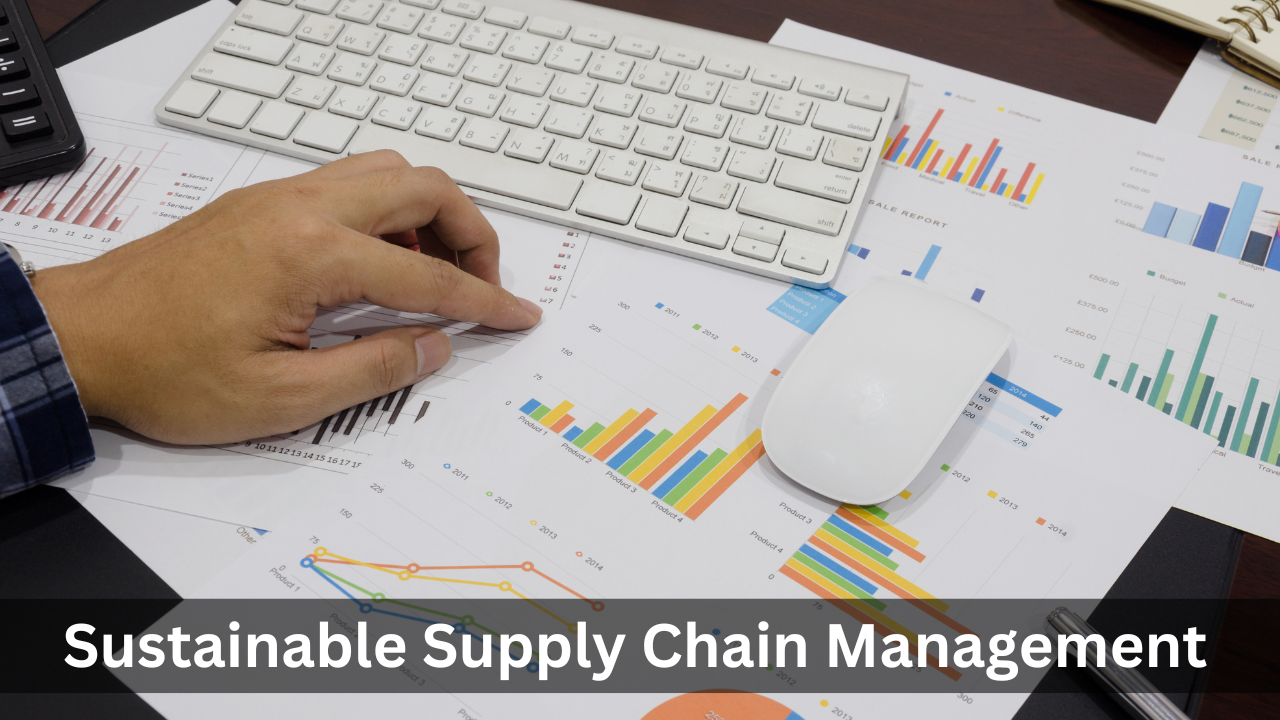Sustainable Supply Chain Management: A Green Shift in Business
In today’s time, running a business is not just about making profits. It’s also about doing the right thing for the environment and people. That’s why companies in India and across the world are now moving towards Sustainable Supply Chain Management (SSCM) — a way of running supply chains that is both smart and responsible.
This blog from Scoopearth gives you a clear look at what SSCM means, how it works, and why it’s becoming so important in 2025.
What Is Sustainable Supply Chain Management?
A supply chain means all the steps that take place from making a product to delivering it to the customer. This includes raw material sourcing, manufacturing, packaging, transport, and storage.
Sustainable supply chain management means doing all these steps in a way that:
- Protects the environment
- Treats workers fairly
- Reduces waste and pollution
- Uses cleaner transport
It’s about making the supply chain “green” without harming business growth.
Why Is It Important in 2025?
Here’s why SSCM matters more than ever:
✅ Climate Change: Businesses must reduce pollution and carbon footprint to fight climate change.
✅ Consumer Demand: Customers now prefer brands that are responsible and eco-conscious.
✅ Government Rules: Laws in India and abroad are asking businesses to follow environmental standards.
✅ Cost Savings: Using less energy and reducing waste can save money in the long run.
What Are Indian Companies Doing?
Many Indian brands are taking action:
Big Players Stepping In
- Tata Steel is using electric trucks and promoting recycling in its supply chain.
- Reliance is working on reducing plastic and switching to green packaging.
- IKEA India is sourcing more eco-friendly materials and planning carbon-neutral delivery systems.
Green Transport
Companies like GreenLine Mobility are introducing electric and LNG (cleaner fuel) trucks in India to reduce pollution from delivery fleets.
Local Sourcing
Brands are working with Indian farmers and small businesses to source raw materials locally. This reduces transport pollution and supports rural jobs.
How Can Small Businesses Join the Movement?
Even small and medium businesses (SMEs) can go green:
- Use eco-friendly packaging
- Avoid overstocking and wastage
- Choose local suppliers to cut transport costs
- Keep track of supplier practices
- Reuse boxes and reduce single-use plastics
Real Example: Textile Supply Chains
The fashion and textile industry is one of the biggest polluters. But now, companies like Inditex (owner of Zara) are working with Indian cotton farmers to promote organic and ethical farming. Their goal: 100% sustainable sourcing by 2030.
Final Words from Scoopearth
Sustainable Supply Chain Management is not just a business trend — it’s a smarter and cleaner way to grow. Whether you’re running a startup or a large company, making your supply chain eco-friendly helps your brand, the planet, and the people you work with.
✅ Bookmark Scoopearth
✅ Stay informed on business trends that matter
✅ Be part of the sustainable movement — start with your supply chain







